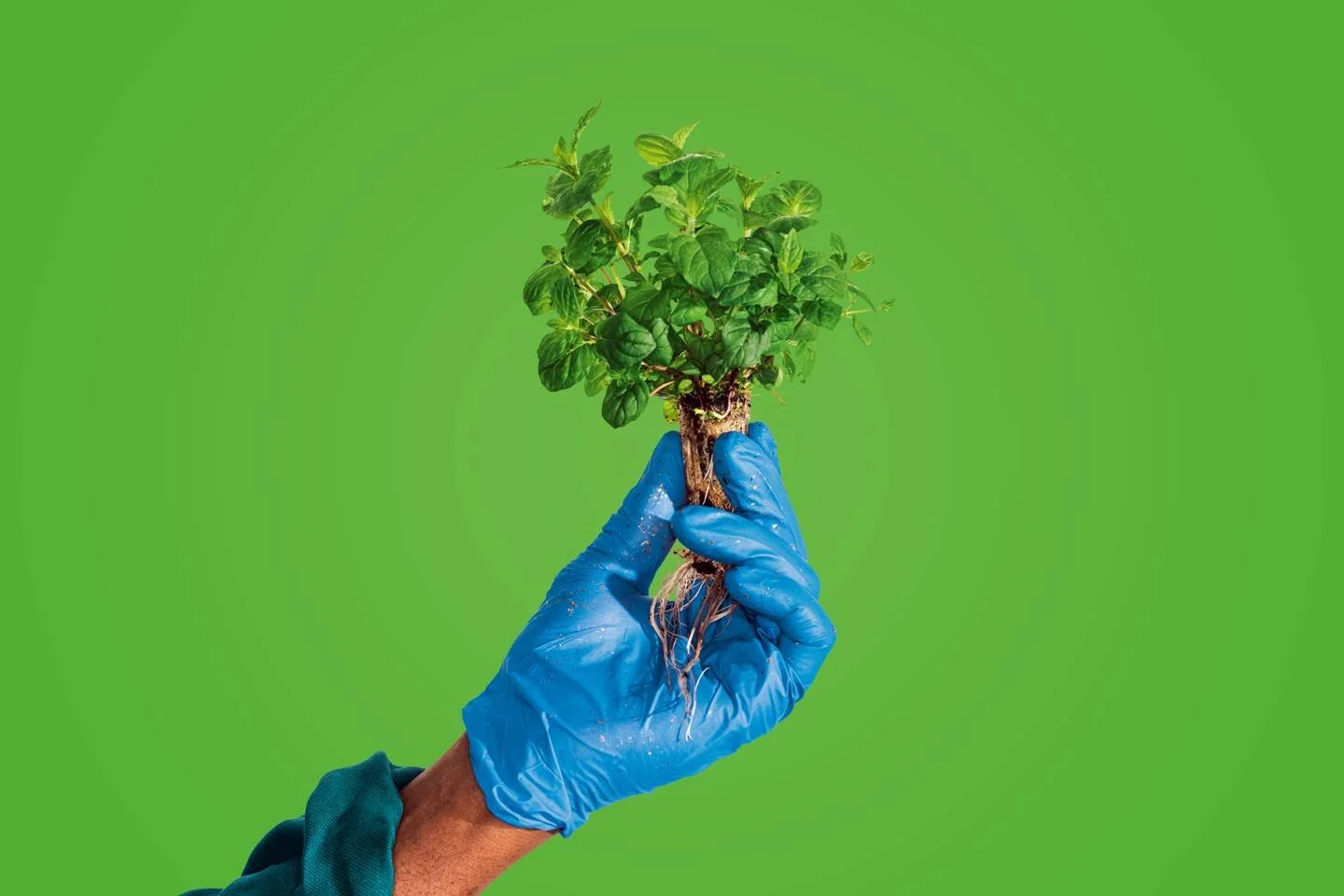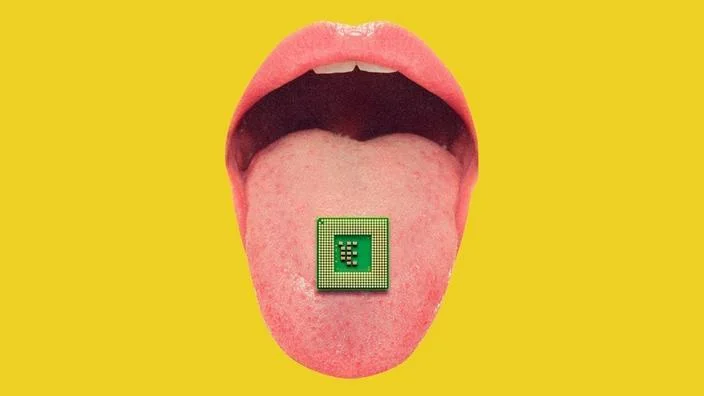“Infarm has shipped over a thousand of its “farms” to shops and chefs across Europe (and a few in the US). These units, which look like jumbo vending machines, grow fresh greens and herbs in rows of trays fed by nutrient-rich water and lit by banks of tiny LEDs, each of which is more than ten times brighter than the regular bulb you’d find in your dining room. Shoppers pick the plants straight from the shelf where they’re growing.”
Read More“We’ve lived through a decade of conference bullshit about reducing the duopoly’s grip on the digital advertising dollar through new ‘hard-hitting’ government policies or worthy (very temporary) advertiser bans. Both Google and Facebook have pretended to listen and learn but have actually just charged on regardless, with barely a blip in the respective EBITDAs. There was never any real potential to derail these two spectacular companies. If anything, the threat of sanction helped both platforms appear to be challenged when nothing could have been further from the truth.”
Read More"The internet has always contained the seeds of postmodern hell. Mass manipulation, from clickbait to Russian bots to the addictive trickery that governs Facebook’s News Feed, is the currency of the medium. It has always been a place where identity is terrifyingly slippery, where anonymity breeds coarseness and confusion, where crooks can filch the very contours of selfhood. In this respect, the rise of deepfakes is the culmination of the internet’s history to date—and probably only a low-grade version of what’s to come."
Read More"Khosrowshahi talked about Uber’s future, including its plans to go public in 2019 and its goal of growing to between twenty and thirty times its current size. Then his voice became sombre. “The company brought me on board because of a lot of things that happened in the past,” he said. “We were probably trading off doing the right thing for growth, and thinking about competition maybe a bit too aggressively, and some of those things were mistakes.” He didn’t need to list the mistakes, many of which had been widely publicized. “Mistakes themselves are not a bad thing,” he went on. “The question is, do you learn from those mistakes? 2017 has been a really tough year, but this is going to result in us being a better company.”"
Read More"By now, the story of Facebook’s all-consuming growth is practically the creation myth of our information era. What began as a way to connect with your friends at Harvard became a way to connect with people at other elite schools, then at all schools, and then everywhere. After that, your Facebook login became a way to log on to other internet sites. Its Messenger app started competing with email and texting. It became the place where you told people you were safe after an earthquake. In some countries like the Philippines, it effectively is the internet."
Read More"There are many loose ends in high-tech life. Like unbreachable blister packs or awkward sticky tape, paper jams suggest that imperfection will persist, despite our best efforts. They’re also a quintessential modern problem—a trivial consequence of an otherwise efficient technology that’s been made monumentally annoying by the scale on which that technology has been adopted. Every year, printers get faster, smarter, and cheaper. All the same, jams endure.
Read More"Taber is a deeply devoted member of this group. Mention the word “emulator” to him, and he’ll immediately rev up his proselytizing process, complete with anecdotes and analogies designed to convince you of the virtues of original hardware. It’s downright convincing, too — 10 minutes into our first conversation, I was already beginning to question the legitimacy of the $50 Raspberry Pi currently plugged into my TV. But Taber’s concerns aren’t just rooted in his business interests, or a fanboy’s sense of old-school superiority. Rather, he’s upset that future generations will experience the story of video game history through an imperfect lens, a palimpsest of glitched textures."
Read More"It was during Kotka’s tenure that the e-Estonian goal reached its fruition. Today, citizens can vote from their laptops and challenge parking tickets from home. They do so through the “once only” policy, which dictates that no single piece of information should be entered twice. Instead of having to “prepare” a loan application, applicants have their data—income, debt, savings—pulled from elsewhere in the system. There’s nothing to fill out in doctors’ waiting rooms, because physicians can access their patients’ medical histories. Estonia’s system is keyed to a chip-I.D. card that reduces typically onerous, integrative processes—such as doing taxes—to quick work. “If a couple in love would like to marry, they still have to visit the government location and express their will,” Andrus Kaarelson, a director at the Estonian Information Systems Authority, says. But, apart from transfers of physical property, such as buying a house, all bureaucratic processes can be done online."
Read More






